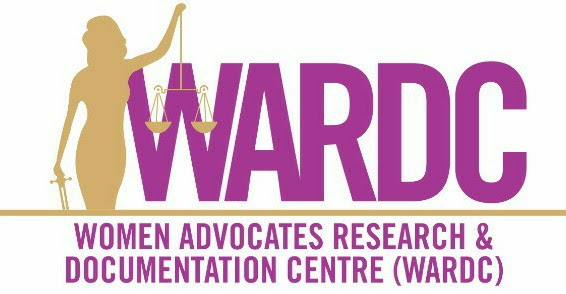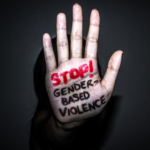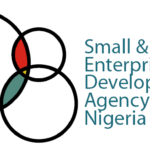A report released by the Women Advocates Research and Documentation Centre (WARDC) and Women for Women International (WfWI) has identified social and cultural norms as major barriers that need to be overcome for enhanced women’s participation in democracy in Nigeria.
At a roundtable and public presentation of a research project titled “Listen to Women: Identifying Barriers to Women’s Freedom of Speech and Participation in Democracy in Nigeria,” held in Abuja, they emphasized that addressing these challenges would not only enhance women’s freedom of speech but also their participation in democracy and politics.
The report highlighted the persistent resistance in the National Assembly towards gender equality initiatives, indicating enduring obstacles that must be addressed. Despite administrative efforts, women’s representation in political arenas remains disproportionately low, with only 3.6% of seats in the national parliament held by women in 2022. The report also noted that political turmoil frequently exacerbates conflicts, disproportionately affecting women.
Dr. Abiola Akiyode-Afolabi, the Founding Executive Director of WARDC, highlighted that sociocultural norms continue to affect women’s ability to participate in peace processes and politics in their communities and states.
The peace security architecture in the state is not allowing women and accepting women to be part of it. “The project is called Listen to Women: Identifying the barriers Against Women’s Freedom of Speech and Participation in Democracy. It’s a project that focuses specifically on Plateau State but however has a national coverage,” Akiyode-Afolabi said.
She said that one of the recommendations of the project was for government to engender its security architecture to ensure that more women participate in the security architecture, especially in Plateau State, where the research was carried out.
“Plateau State has signed the Gender and Equal Opportunity bill into law, which allows for women’s equal participation so we are calling on the government to ensure that the law becomes activated,” she said.
Also, the Advocacy Coordinator, WfWI, Zainab Gbobaniyi, said the event among others was to get better deals for women.
“The research being an evidence based and carried out in five communities in Plateau State cutting across three local governments of Jos East, Riyom and Pankshin, tells the stories directly from the women themselves,” Gbobaniyi said.
The FCT Mandate Secretary, Hon. Adebayo Benjamins-Laniyi, said the direction of the present administration was geared towards promoting the well-being of women, increasing their political participation and empowerment.
She said that domestic violence and early child marriage is being addressed through “Forming coalitions, working with traditional councils and working with male champions have yielded a lot of results and I think that is a very good approach.”

 Join Daily Trust WhatsApp Community For Quick Access To News and Happenings Around You.
Join Daily Trust WhatsApp Community For Quick Access To News and Happenings Around You.


